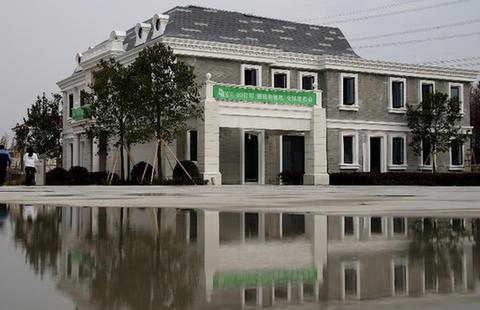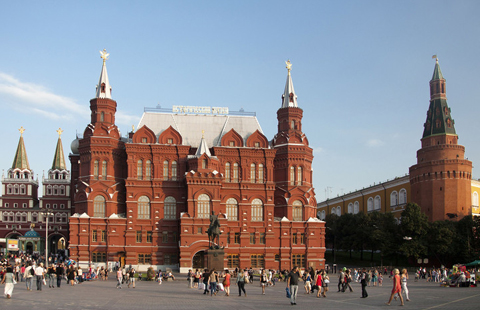Chinese real estate giant buys stake in Atletico Madrid
By Lv Chang (chinadaily.com.cn) Updated: 2015-01-21 13:24Shares in Dalian Wanda Commercial Properties, the world's second-largest developer of shopping malls and offices, fell by as much as 8.8 percent from their offer price of HK$48 ($6.2) in morning trading.
They regained ground later in the day to close at HK$46.75. The Hang Seng Index was 0.3 percent down.
Rupert Hoogewerf, chairman and chief researcher of the Hurun Report, which compiles the widely followed Chinese rich list, predicted this month that Wanda's share price would have to rise by at least 30 percent for Wang to overtake Ma as China's richest.
In comparison, Ma's Alibaba soared by 38 percent on its New York Stock Exchange debut.
Stock analysts and wealth watchers say Wanda Commercial's cool reception on its Hong Kong debut has reduced the value of Wang's stake in the company by about $300million.
This is about 1.2 percent of Wang's estimated personal net worth of $24.8 billion, according to the Bloomberg Billionaire's Index.
But Wang is still ahead of Mukesh Ambani, India's richest man, ensuring that the top three places on the list of Asia's wealthiest are all Chinese.
On the list, Wang ranks third after Hong Kong property tycoon Li Ka-shing, who has $29.4 billion, and Ma with $29.1 billion.
Analysts said a setback on the first day of trading isn't uncommon for IPO stocks. "An IPO does not end in one day. The closing price of Wanda Commercial was in line with market expectations," Hoogewerf said.
"Unlike the information technology industry, the real estate sector has been slowing down. But the downturn will provide great opportunities for well-financed real estate developers to expand," Hoogewerf added.
The Wanda Commercial IPO has helped Wang to fulfill one of his dreams, Hoogewerf said. "To top the rich list is not what Wang wanted; rather, he wanted the largest IPO."
Hoogewerf said more Chinese companies have been tapping overseas capital markets for funding this year.
"We have seen more action on the international front than in the previous 15 years added together," he said.
Stock analysts said Hong Kong investors are wary of mainland property stocks because of slow property sales in many cities.
- Australia, China to jointly invest in solar energy
- Chinese market helps Australian wine exports grow
- China now a net capital exporter
- Chinese real estate giant buys stake in Atletico Madrid
- Job-hopping to net 25% rise in salaries
- Last fishermen in Shaoxing
- Growth rises by 7.4 percent in 2014
- Itochu, CP Group to invest $10 billion in China's Citic

















